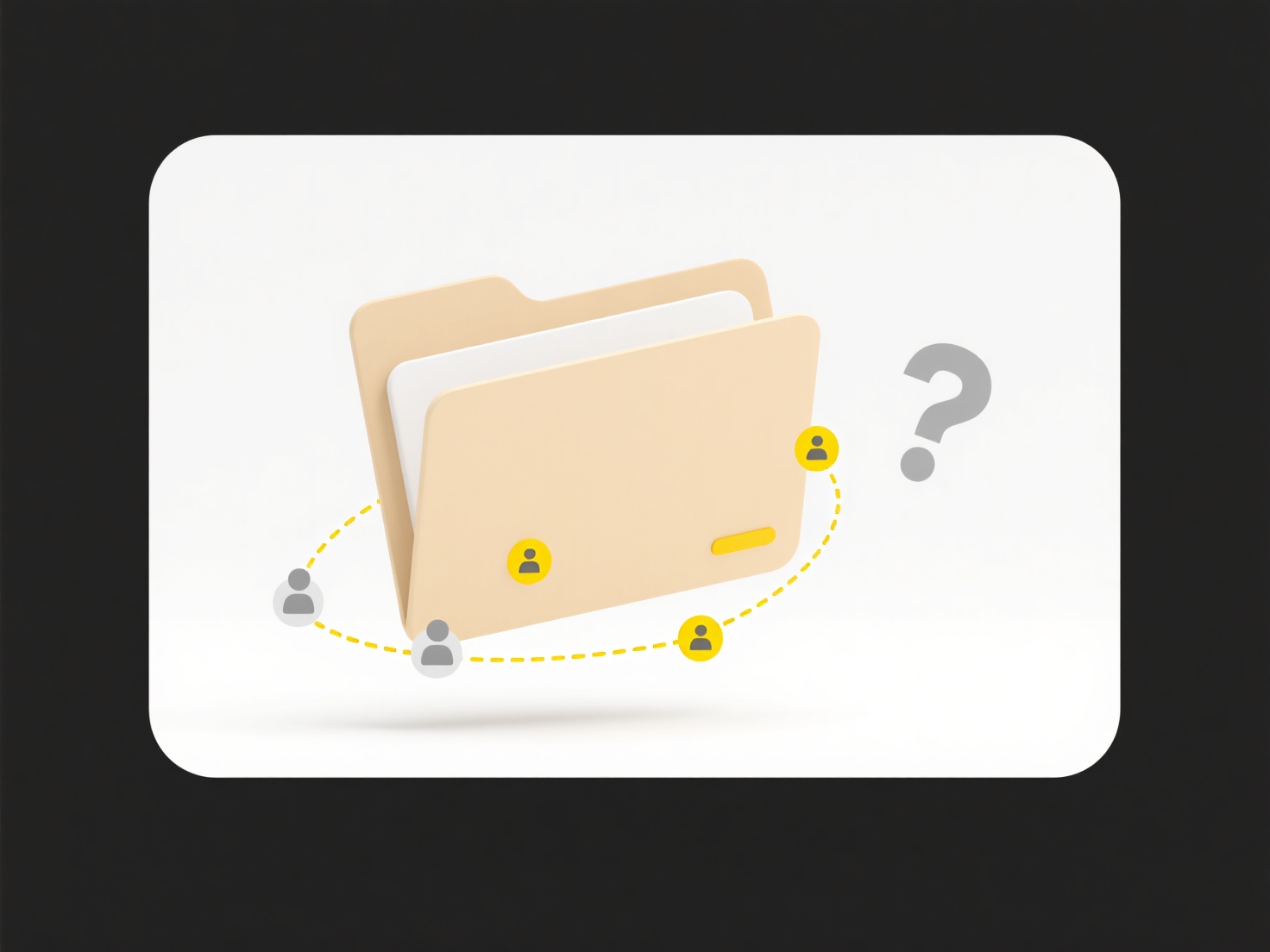
Duplicate files are copies of the same data stored in multiple locations on your computer. While a single duplicate won't noticeably slow things down, accumulating a large number can impact performance over time. They consume valuable storage space, forcing your system to work harder to find needed files. On traditional hard disk drives (HDDs), excessive duplicates contribute to file fragmentation, where pieces of files are scattered across the disk, causing longer access times.

Common examples include saving multiple copies of downloaded files (like reports or images) in different folders, emails with large attachments saved separately, or accidentally copied music and photo collections residing in multiple locations. Tools designed for duplicate finding (like CCleaner, Duplicate Cleaner, or built-in storage analyzers) are often used to identify these redundant files across documents, pictures, videos, and downloads.
The primary impact on speed is generally modest compared to other factors like insufficient RAM. For HDDs, fragmentation from duplicates can slow file opening. On SSDs, fragmentation isn't an issue, but filling them to near capacity can still reduce overall efficiency and lifespan. Large volumes of duplicates waste storage, increase backup times and sizes, and make file management cumbersome. While cleaning them up frees space and improves organization, it's unlikely to be a major speed boost unless your drive was severely cluttered. Regularly organizing files offers more consistent benefits.
Can duplicate files slow down my computer?
Duplicate files are copies of the same data stored in multiple locations on your computer. While a single duplicate won't noticeably slow things down, accumulating a large number can impact performance over time. They consume valuable storage space, forcing your system to work harder to find needed files. On traditional hard disk drives (HDDs), excessive duplicates contribute to file fragmentation, where pieces of files are scattered across the disk, causing longer access times.

Common examples include saving multiple copies of downloaded files (like reports or images) in different folders, emails with large attachments saved separately, or accidentally copied music and photo collections residing in multiple locations. Tools designed for duplicate finding (like CCleaner, Duplicate Cleaner, or built-in storage analyzers) are often used to identify these redundant files across documents, pictures, videos, and downloads.
The primary impact on speed is generally modest compared to other factors like insufficient RAM. For HDDs, fragmentation from duplicates can slow file opening. On SSDs, fragmentation isn't an issue, but filling them to near capacity can still reduce overall efficiency and lifespan. Large volumes of duplicates waste storage, increase backup times and sizes, and make file management cumbersome. While cleaning them up frees space and improves organization, it's unlikely to be a major speed boost unless your drive was severely cluttered. Regularly organizing files offers more consistent benefits.
Quick Article Links
How do I make a file read-only for others?
Making a file read-only for others involves setting specific permissions that prevent users from modifying, deleting, or...
Why can’t I select certain file formats while saving?
Some software restricts saveable formats to maintain compatibility, licensing requirements, or feature integrity. This l...
Can I rename system files safely?
Renaming system files typically refers to changing the names of critical operating system or application files located i...